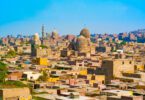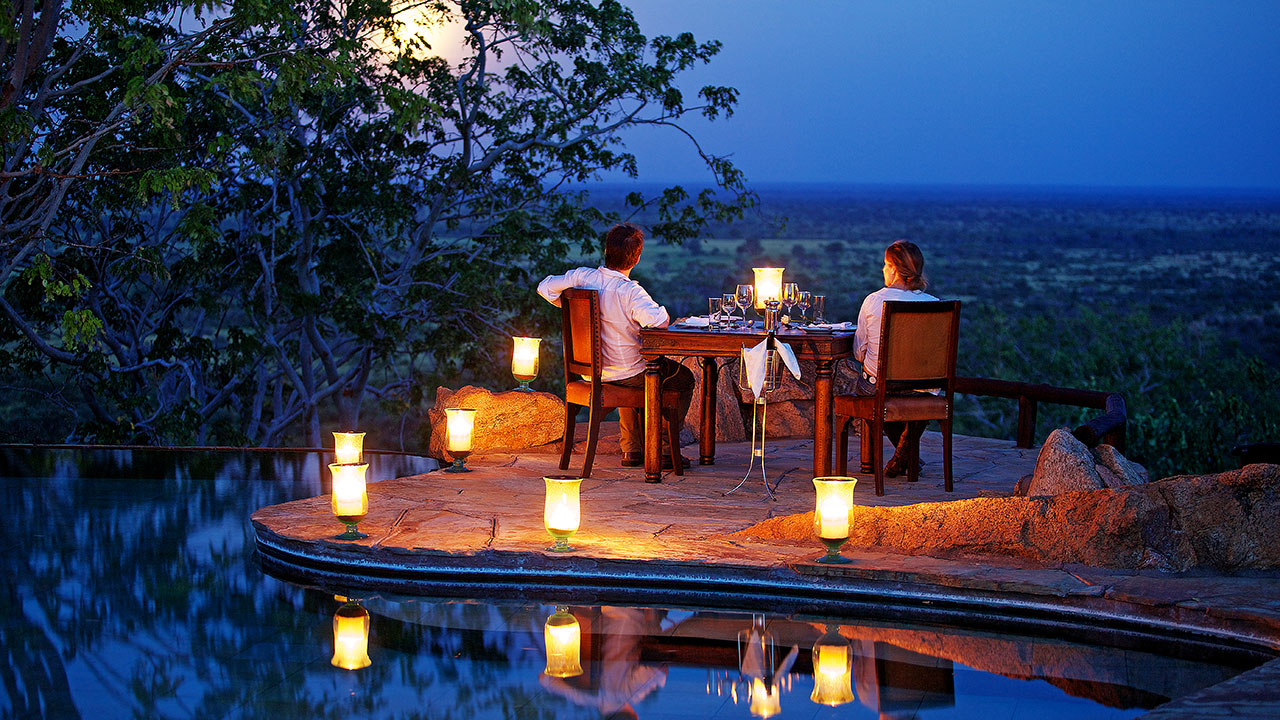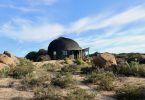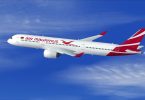Did you know it only takes three nights of pure bliss to travel from Dar es Salaam in Tanzania to Kapiri Mposhi in Zambia via Mukuba Express train? Rail travel between two cities in different countries remains the cheapest mode of transport so far. The Tanzania-Zambia Railway Authority (Tazara), also known as the Uhuru Railways runs all Mukuba operations.
Table of Contents
Is There a Train from Tanzania to Zambia?
Zambian Mukuba runs an express train via Tazara from Tanzania to Zambia. The journey starts in Dar es Salaam and cuts through major towns such as Mbeya in Tanzania and proceeds to the hidden gems of the land. Mukuba Express train runs on 1155 miles long (1,860 km) of rail built in 1976 through funding by the Chinese.
The railway line whose construction started in 1970 was intended to facilitate and ease trade between Zambia and Tanzania. Chinese funded its construction with the intent to promote the transportation of cargo and later, passengers. A joint railway authority – Tazara – was set up to oversee the operations of the railway line from 1976 when it was launched.
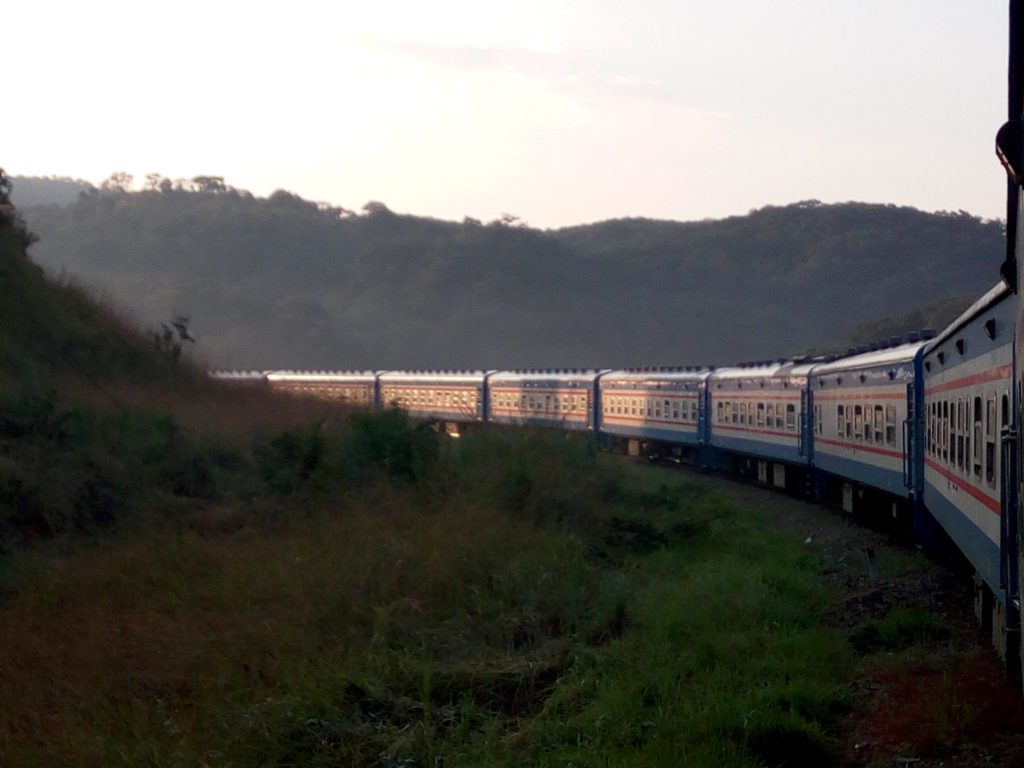
Mukuba Express. The train offers a 50-hour ride from Dar es Salaam to Kapiri Mposhi in Zambia. Photo/Kenyan Backpacker
‘Mukuba’ stood out as the most appropriate name for the passenger service. It alludes to the rich copper deposits in Zambia which would be easily transported via the railway line. On the other hand, Tanzania’s landscape provided amazing sceneries for adventurers throughout the journey to Kapiri. This inspired the passenger train’s operations for more than 45 years since its inception.
Why is the Mukuba Express Train Special?
Unlike the high-powered electric and modern diesel train engines that travel fast, Mukuba Express enjoys slow speeds. While the train has modern amenities, it is not the fastest. The slow pace lets passengers immerse themselves in the spirit of adventure and enjoy the sights of wildlife roaming the plains of Tanzania. Mukua Express Train also snakes its way to the Tanzanian coast before taking you for a lesson on its cultural history seen in Mbeya.
- Mbeya is a scenic region but reserved. It’s home to:
- Poroto mountain ranges
- Ngozi Crater Lake with a huge lush forest
- Kitulo Plateau National Park popular for its huge plantations of wildflowers
- An entry to Lake Nyasa famous for water sports and a rich marine biodiversity.
Additionally, the city forms the backbone of Tanzania’s agricultural economy. Most people who live here are commercial farmers who feed the country and preserve the country’s cultural prestige through farming. Moreover, it’s cooler than Dar es Salaam due to its high altitude which supports agriculture.
Further, this 50-hour long cross over to Zambia onto Kapiri Mposhi usually with very few tourists but is scenic and beautiful in its own right. Just like Mbeya in Tanzania, Kapiri has fertile soils and agriculture sums up the economic activities in this area. Maize, tobacco and wheat are grown on a large scale.
It is while in Kapiri Mposhi that you live a full Zambian life. Everything here follows cultural dictates to the letter. You enjoy delicious servings of authentic Zambian foods such as:
- Nshima
- Ifinkubala (Mopane worms)
- Dried and fried fish
- Beef stews
- Ifisashi
- Kapenda (dried sardines)
- Chikanda
- Game meat
How Much Do Mukuba Tickets Cost?
A one-way ticket for Mukaba Express Train costs between $41 and $28 depending on how comfortable you want the three-night ride to or from Dar es Salaam to be. Below is a breakdown of the ticket cost for each category.
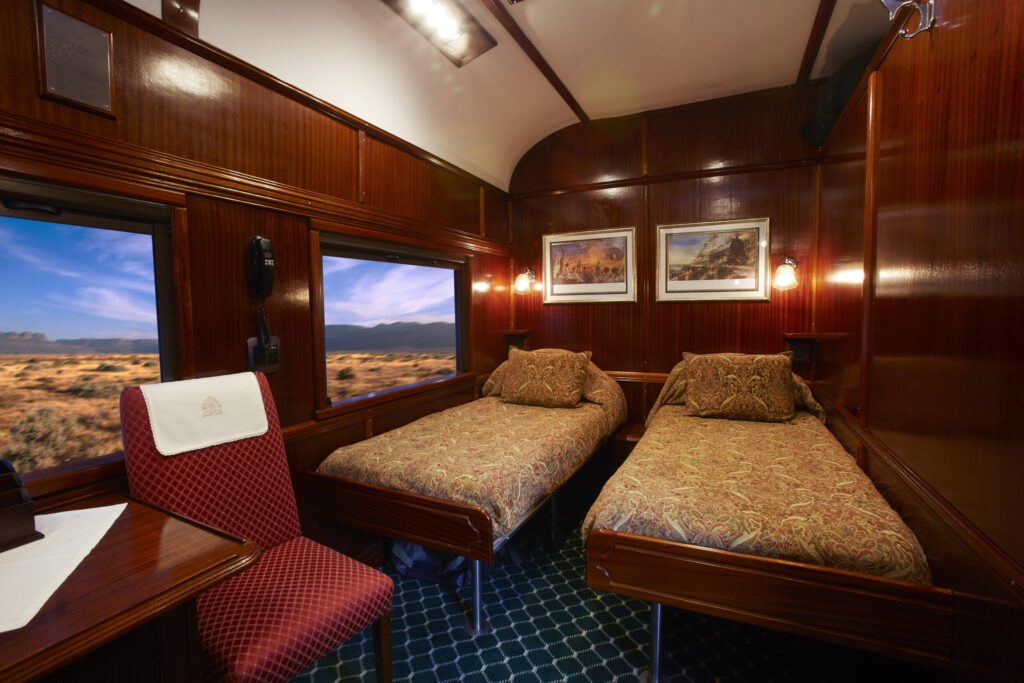
Mukubu Express Train. Photo. Photo/Travel Masters
| Category | Price |
| 1st class sleeper | $41 |
| 2nd class sleeper | $33 |
| 2nd class seat | $31 |
| 3rd class seat | $28 |
There are two beds on the 1st class sleeper coach and a single bed on the 2nd class sleeper coach with a six-people seater capacity in each compartment. An onboard restaurant and bar are also available so, carry enough money to buy food water and any other drinks you want.
Lastly, there are police officers on every ride from Tanzania and Zambia to ensure everything is in order.
Are There Trains in Zambia?
Zambia has trains operating under the Zambian Railway Cooperation. They are an addition to the Tazara which is a cooperation between Zambia and Tanzania. Cargo trains are more common compared to passenger trains. Most of the cargo is minerals and agricultural produce.




